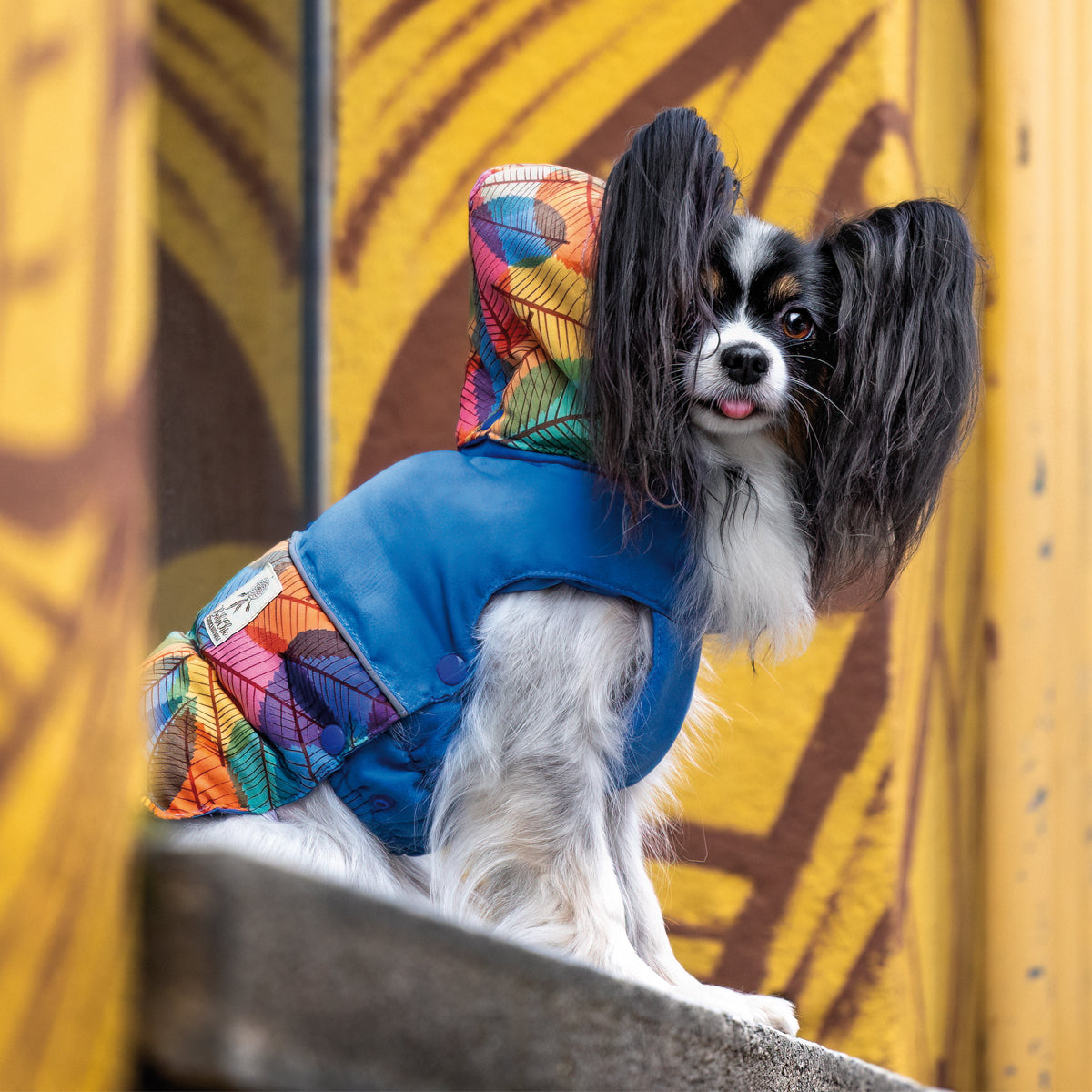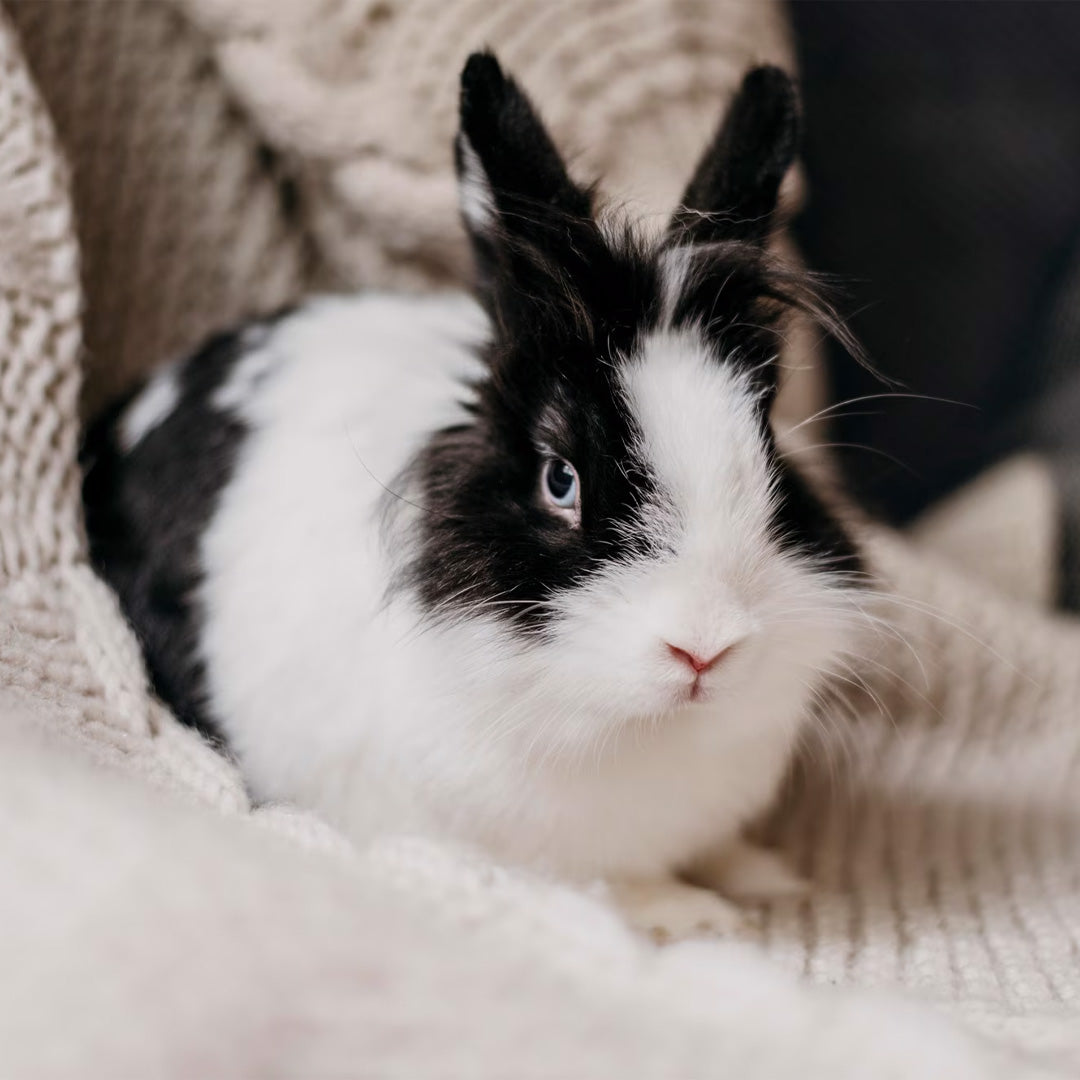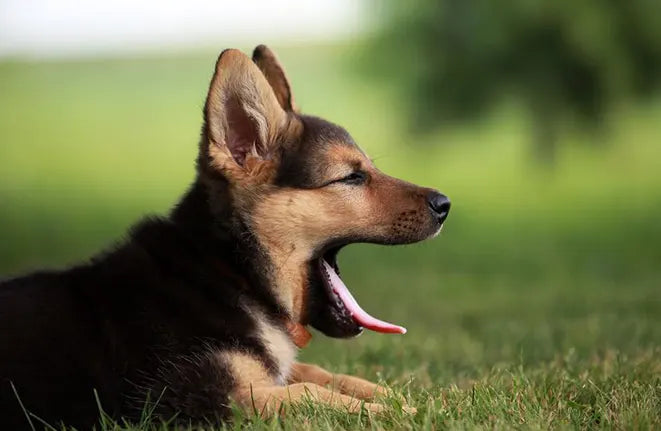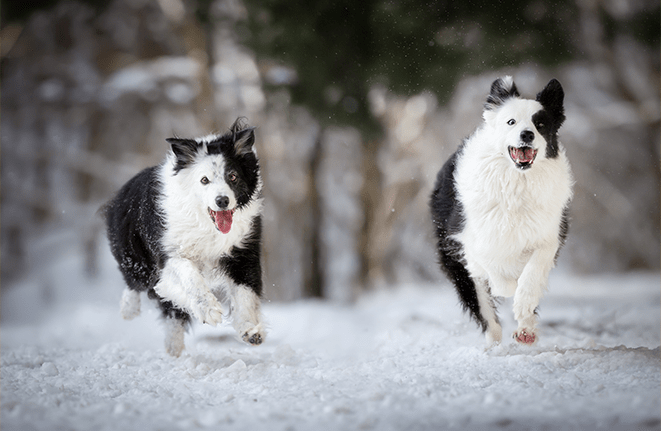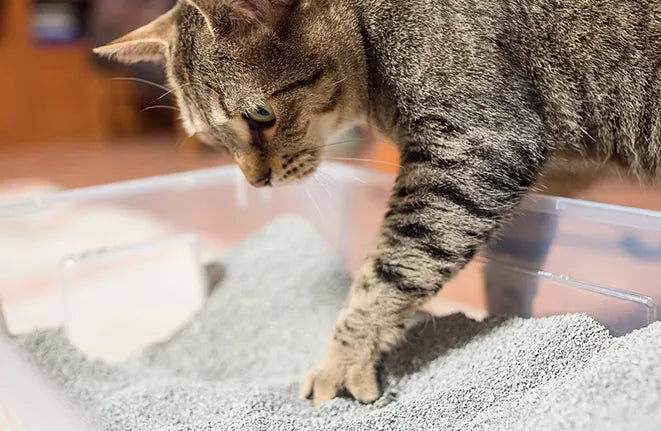We all yawn .
We do it while we are in the queue waiting for our turn, perhaps after a very unpleasant wake-up call in the morning, the animals do it , both domestic and wild ones.
It is therefore curious that yawning, a behavior so common and shared by most vertebrate animals , is still the subject of studies by scientists who admit that they do not yet know it thoroughly.
But let's go in order. In today's article we will talk about yawning , but try not to make you yawn too much. We will explain what types of yawns exist , what emotional state they can indicate in dogs and cats and what their most probable meaning is according to scientists .
Yawn whatever you want
The first thing to say is that not all yawns are the same : there are spontaneous ones and contagious ones.
Spontaneous yawning is the easiest to identify and has a physiological function:
it therefore occurs spontaneously when the animal wants to remain more alert, perhaps fighting a certain drowsiness.
Much more interesting and mysterious is the contagious yawn , which is what happens after seeing or hearing someone yawn. Why does this take place? In human beings it's easy: it's about instinctive empathy towards the emotions and sensations of others , but what about other animals?
In fact, we must be careful not to humanize pets and their behaviors . To find the answer, let's now see what the emotional states connected to yawning are in the two most common species of domestic animals: the dog and the cat .
The dog's yawn
Most of the times when a dog yawns in the presence of another animal, it does so to convey friendly feelings : it is therefore a clear relaxing signal to demonstrate that there is no intention to bully or attack.
Let's think of a small dog that is protecting its food from a larger dog; in this case the latter could yawn to show that he is not interested in stealing his food.
However, there are also other situations to consider when faced with a dog's yawning, sometimes more complex. In fact, yawning is also a self-relaxation mechanism that the dog uses both when it is happy and when it is subjected to situations of stress and tension.
They seem like two contrasting emotional states, but in reality yawning for dogs is a universal signal aimed at inspiring peace and respect towards other animals.
As owners, we can understand if the yawn is generated by stress or tension by observing the dog's other behaviors: if the dog has low ears and tense muscles , there is probably something wrong and it is better to make the dog feel at ease, perhaps yawning too.
The cat's yawn
Even as regards the cat, the yawn alone is not enough to determine the emotional state that generated it , but we will have to evaluate the other behaviors of the feline.
Generally , if the cat yawns when walking towards us or when it sees us coming home after a long day at work, it is telling us that it feels safe, that it is happy to see us and that it wants attention . This yawn will often be accompanied by other “positive” signals , such as rubbing near the legs or small meows.
Be careful though! Cats also use yawns to communicate other, less friendly emotional states.
For example, a cat nestled in a kennel or on our laps could yawn just to let us know that it intends to sleep and does not want to be disturbed.
Furthermore , the cat also tends to yawn when it is nervous but, unlike the dog, it does not do so to reassure, but rather to threaten the source of its stress by showing its sharp teeth.
The possible meaning of contagious yawning
From what has been written in the previous paragraphs we can safely affirm that the contagious yawn, i.e. the one caused by external stimuli, is used to convey emotions of various kinds.
However, this is not something that only concerns pets ; Scientists have also studied contagious yawning in chimpanzees, wolves, sheep, elephants and even lions.
The most supported theory is that contagious yawning is an important means of communication for social animal species , i.e. those that collaborate in daily activities such as hunting, raising puppies and defending the herd from intruders.
Many hypothesize that contagious yawning connects animals on an emotional level , to the point where we should rather talk about empathic yawning . However, sufficient evidence to support this direct correlation is lacking.
According to a 2013 study, pets yawn much more in response to their owners' yawns than to those of strangers. This would suggest the existence of an emotional harmony between pet and owner.
If you yawn and I respond to your yawn… and soon after we start behaving the same way, then this can improve our ability to decode each other's behavior , even if we don't speak the same language!
Now that we know these things…. We won't even miss a yawn from our PET again! But let's be careful not to overdo it!
Not all yawns have a secret meaning, maybe our 4-legged friend just needs to relax!
Discover the Croci Relax line for dogs and cats , developed by Croci SPA designers, these products bring maximum relaxation to your pet's life.

